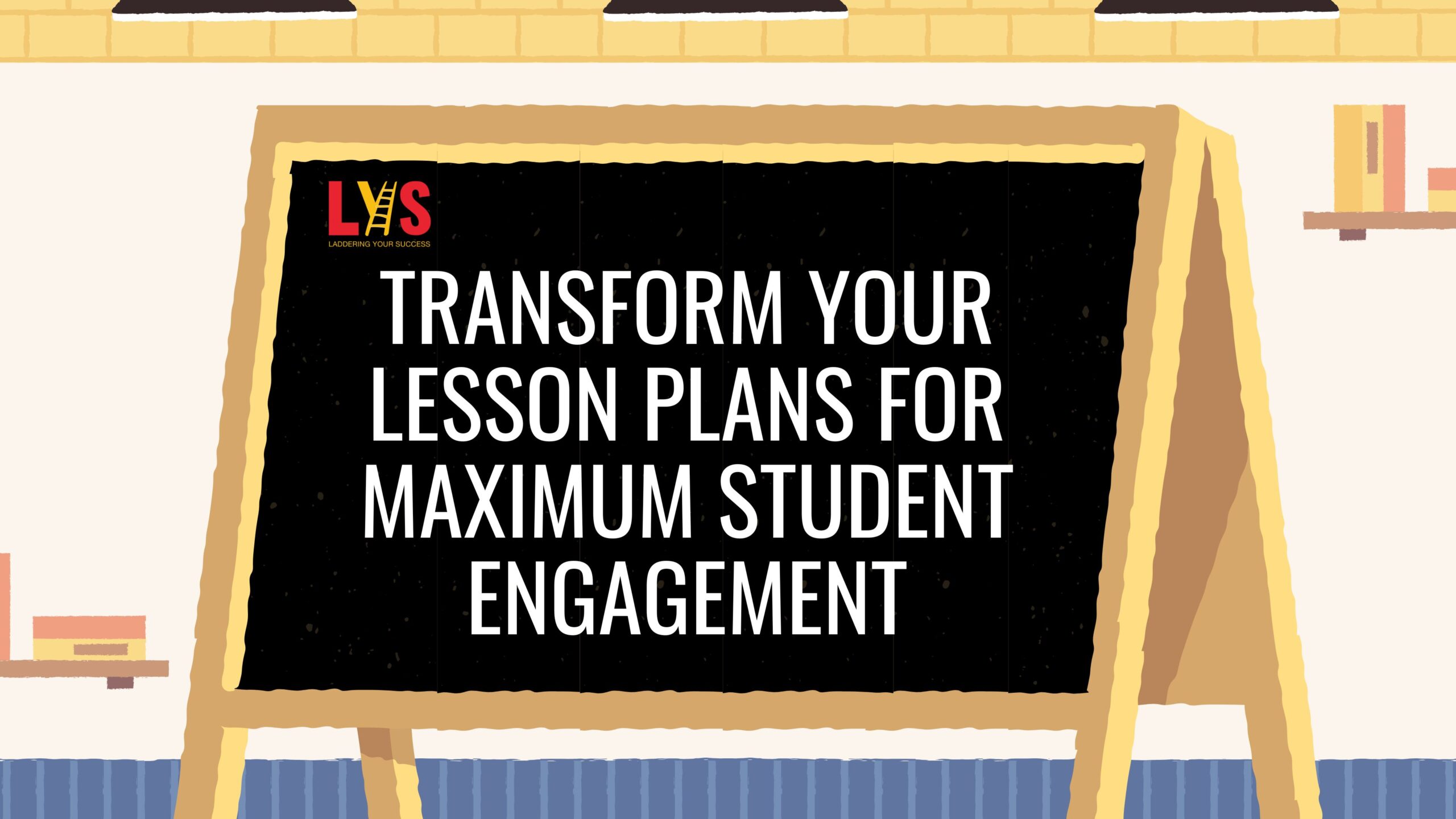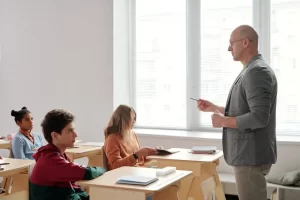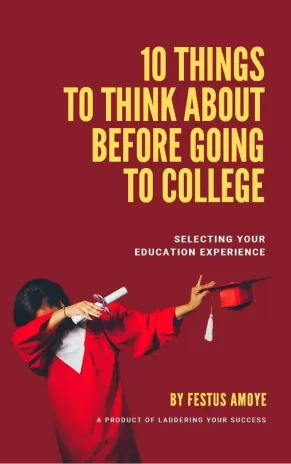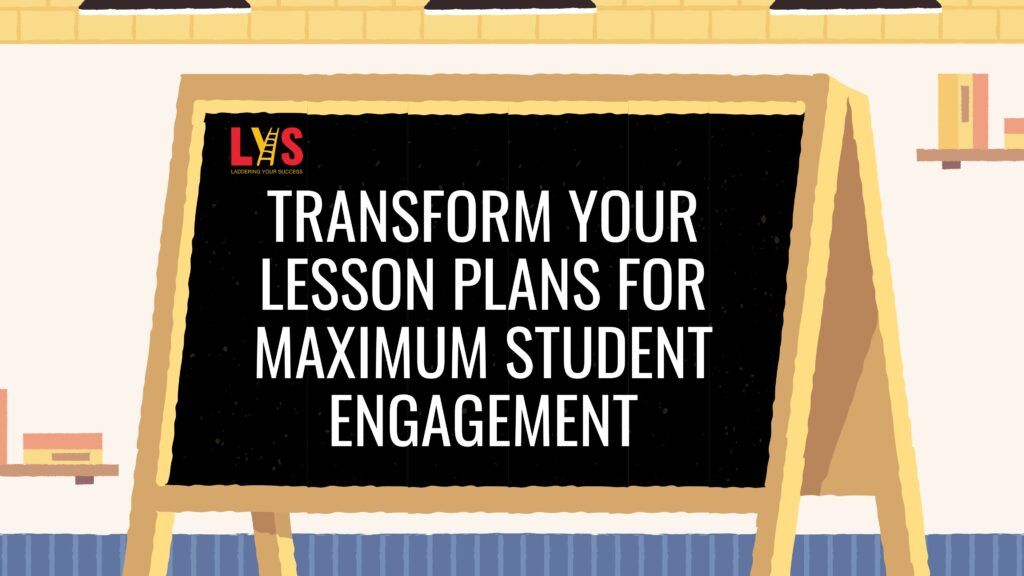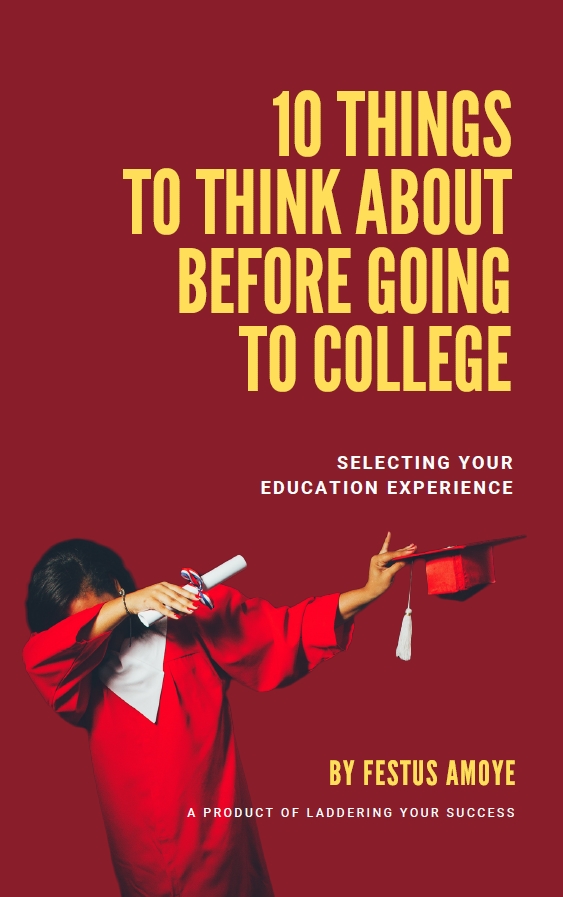Creating lesson plans that inspire, engage, and effectively educate students is the core of a teacher’s role. However with the ever-evolving standards of education and diverse student needs, elevating lesson plans is essential for creating meaningful learning experiences. Here are quick tips and strategies that teachers can use to take their lesson plans to the next level and make a lasting impact on their students.
1. Flip the Classroom
In a flipped classroom, students will review lecture materials or core content as homework, then spend class time on discussions, projects, and deeper applications of the topic. This approach allows students to grasp the material at their own pace and time. Students come to class prepared to engage in interactive, hands-on learning. Flipping the classroom encourages students’ active participation and reinforces understanding through practical application.
Tip: Share short video lectures, readings, or interactive online materials that students can review before class. In-class time can then focus on group work, discussions, and problem-solving. Check out the LYS app for creative strategies!
2. Incorporate Gamification Elements
Adding game elements into your lessons adds a fun and competitive aspect to learning, which can be highly motivating for students. Elements like point systems, quizzes, challenges, or even digital badges for accomplishments can make lessons more interactive. Platforms like Kahoot!, Quizizz, or Classcraft are great tools for integrating game elements into your classroom.
Tip: Use games for reviewing material, introducing new topics, or reinforcing key concepts. Games encourage teamwork, boost engagement, and make learning feel less formal and more enjoyable.
3. Host Expert Talks or Virtual Field Trips
Inviting guest speakers or organizing virtual field trips gives students a unique learning experience that connects classroom content to real-world applications. When students hear from experts in a field, like scientists, artists, or writers, it can inspire them and offer them fresh perspectives. Virtual field trips to places like museums, historical sites, or research labs bring subjects to life without leaving the classroom.
Tip: Coordinate with professionals, parents, or organizations willing to give a virtual talk. Platforms like Skype in the Classroom offer free virtual field trips and expert sessions.
4. Encourage Peer Teaching and Collaboration
When students teach each other, they reinforce their understanding and gain confidence. Group students in pairs or small teams and let them explain concepts to one another, collaborate on projects, or solve problems together. Peer teaching and collaboration promote social learning and help students develop communication and leadership skills.
Tip: You can assign peer teaching as a project or activity at the end of a unit. Students can create presentations, posters, or other visual aids to explain a topic to their classmates. Here’s an amazing list for peer teaching strategies for peer teaching from ASCD!
5. Incorporate Mindfulness and Brain Breaks
Students’ attention spans can vary greatly, especially in long class periods. Try including short mindfulness activities or brain breaks in your routine. This can help students reset and refocus, boosting their engagement and productivity. Simple exercises like breathing techniques, stretching, or brief movement activities give students a chance to refresh, making it easier to concentrate on the lesson.
Tip: Schedule 1-2 minute breaks between lessons or activities, or try starting each class with a quick mindfulness exercise. There are many online resources and apps like GoNoodle that provide guided brain breaks and mindfulness exercises for classrooms.
6. Use Visual and Graphic Organizers
Visual aids like mind maps, Venn diagrams, and flowcharts help students organize and process information. Graphic organizers simplify complex concepts, aid in comprehension, and make note-taking easier. They’re particularly helpful for visual learners and are effective tools for review and reflection.
Tip: Use graphic organizers for lessons that involve categorization, comparison, or sequential events. Students can create their own visual organizers as a study tool too, it will create an opportunity for them to take charge of their own learning in your classroom.
7. Emphasize Critical Thinking with Open-Ended Questions
Encouraging students to think critically by asking open-ended questions stimulates discussion and deeper reflection. Instead of focusing on yes-or-no answers, ask questions that encourage students to analyze, interpret, or defend their answers. This approach helps students develop essential problem-solving and analytical skills which will help them to ladder their success in the future.
Tip: Introduce a “Question of the Day” or incorporate Socratic questioning to deepen class discussions and encourage students to explore topics thoroughly.
8. Incorporate Journaling for Reflection and Growth
Journaling encourages students to reflect on what they’ve learned and express their thoughts and feelings. This can be done at the end of a lesson, weekly, or as a form of exit tickets. Reflection journals help students process content on a deeper level and can also serve as a helpful record for teachers to track student growth.
Tip: Ask students to journal about what they learned, how they felt about a lesson, or questions they have moving forward. You can collect and review these entries periodically to gauge understanding and growth.
9. Create a Safe Space for Risk-Taking
Encouraging students to take risks and make mistakes fosters a growth mindset and resilience. A supportive classroom environment lets students experiment with new ideas and learn from failures without fear of judgment. This kind of learning atmosphere promotes curiosity and encourages students to challenge themselves.
Tip: Reinforce the idea that mistakes are a natural part of learning. Give constructive feedback and celebrate efforts as well as achievements to build confidence and resilience in students.
10. Use Feedback Loops for Continuous Improvement
Regular, actionable feedback helps students understand their progress and identify areas for improvement. Integrating feedback loops into lesson plans—where students give and receive constructive feedback—can deepen their learning. Encourage peer feedback on projects and individual feedback during one-on-one conferences.
Tip: Offer feedback that’s specific and growth-focused. Ask students to reflect on feedback they receive and set goals for improvement to encourage continuous growth.
By integrating these strategies, teachers can create a dynamic and supportive learning environment where students feel motivated to participate, reflect, and excel. Transforming lesson plans with these creative and personalized approaches not only enhances engagement but also fosters a love for lifelong learning.

